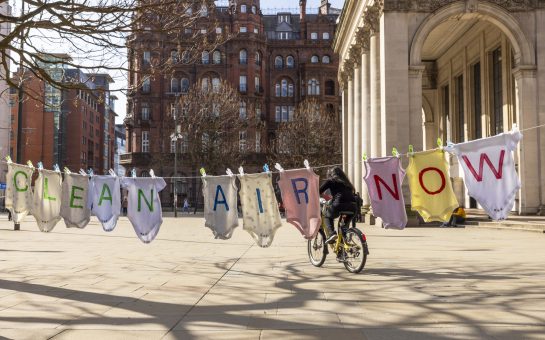More than 1,700 troubled families across Greater Manchester have had their lives turned around by a government initiative, according to figures released today.
At the half-way point the national Troubled Families Programme has worked with a total of 4,549 families nationwide to help change their lives.
The programme gives local councils £3,000 per troubled family, with the option of funding increasing to £4,000 in extreme circumstances, to help reduce anti-social behaviour.
Secretary of State for Communities and Local Government, Eric Pickles, said: “I am delighted that our programme is already helping half of our target of 120,000 troubled families at its midway stage.
“Councils are making great strides in a very short space of time, dealing with families that have often had problems and created serious issues in their communities for generations.
“These results show that these problems can be dealt with through a no nonsense and common sense approach, bringing down costs to the taxpayer at the same time.”
Statistics from the Department for Communities and Local Government show the campaign is on track to meet its target of assisting 8,090 families in Greater Manchester
Since the programme began 62,000 families across Britain have received the benefits from councils, with the lives of more than 22,000 having already been turned around.
The figures from the Department for Communities suggest the government may be on track with the 120,000 families it promised to help over the three years to 2015 at a cost of £448million.
By targeting troubled families, councils have been able to reduce anti-social behaviour by 60% while the offending rate by all minors in families has fallen by a third.
The statistics also show that 92,000 families – over three quarters of the target– have now been identified by councils as meeting the criteria for the payment-by-results programme.
Head of the Troubled Families programme, Louise Casey CB, said: “This programme is getting to grips with families who for too long have been have been allowed to be caught up in a cycle of despair.
“These results show that a tough, intensive but supportive approach has a big impact; giving hope and opportunity to the families and respite to the communities around them.”
For more on this story and many others, follow Mancunian Matters on Twitter and Facebook.



